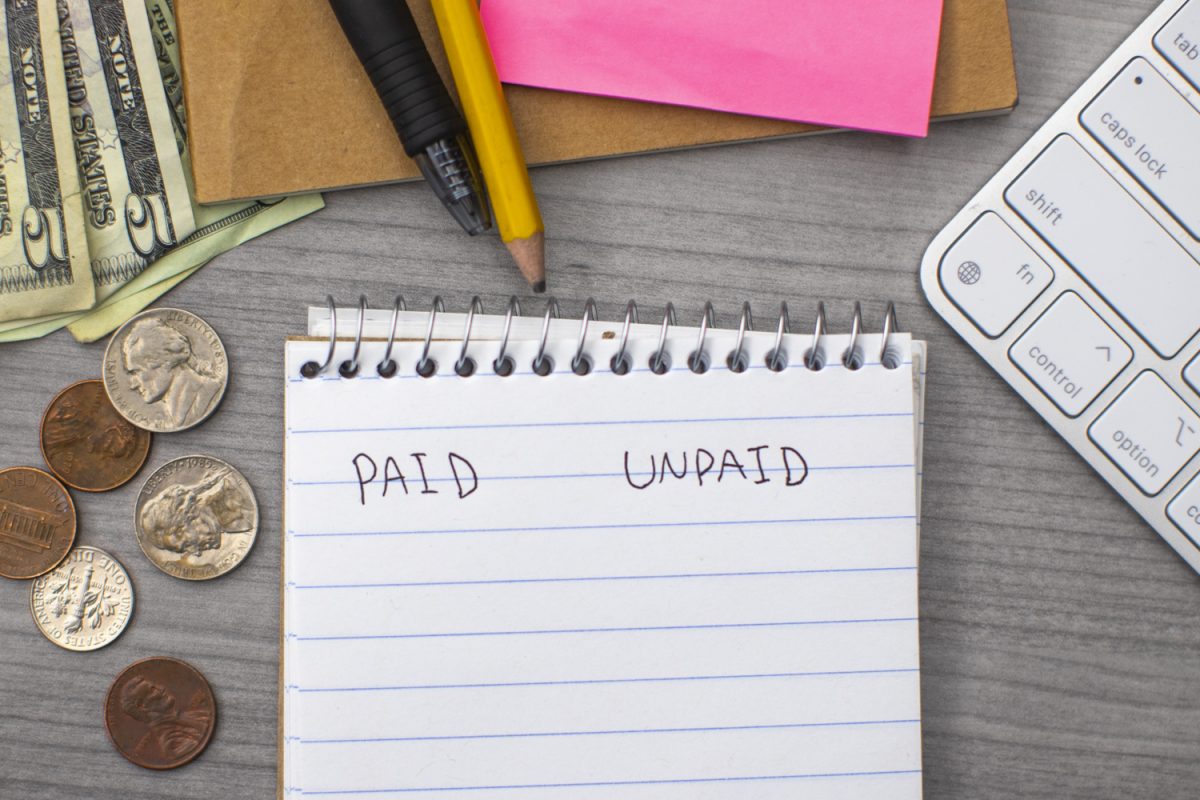Internships are often seen as the golden ticket to landing a job after college, right? But let’s face it — there’s a big difference between paid and unpaid internships.
Here at the University of Iowa, students are left wondering: Is working for free worth it, or does it only benefit those who can afford it?
The real question is this: Should students be paid for their hard work, or is the “experience” supposed to be enough?
The difference between paid and unpaid internships has long stirred controversy. At first glance, unpaid internships appear to provide essential experience, networking opportunities, and resume-building without the obligation of a paycheck.
Some students, under pressure to make themselves stand out in a competitive employment market, are ready to sacrifice earnings to get that beloved “foot in the door.” But is this a fair trade-off? Or does it produce an unequal system in which only those who have money may participate?
The UI prides itself on promoting inclusivity and equal opportunities in internships. But let’s be real — unpaid internships often shut out students who simply can’t afford to work for free.
Many are already balancing part-time jobs, rent, tuition, and other expenses. Asking them to take on an unpaid, often full-time role, without any benefits puts them in an impossible position; they either miss out on a career-building opportunity or sink further into financial strain.
According to the Center for Research on College-Workforce Transitions, unpaid internships often end up reinforcing systemic inequalities.
Students from wealthier backgrounds can afford to spend summers or semesters working for free, while those from lower-income families are left out of crucial opportunities simply because they can’t afford them.
This creates a growing gap in post-graduation outcomes; wealthier students build impressive resumes and professional networks, while their less-privileged peers are left playing catch-up.
Students who complete paid internships are more likely to receive job offers after graduation than those who complete unpaid ones. A study from the National Association of Colleges and Employers, or NACE, found that nearly 66 percent of paid interns received at least one job offer, compared to only 43 percent of unpaid interns.
So, where does the UI fit into this conversation?
The university has made strides in supporting student internships through programs like the John Pappajohn Entrepreneurial Center, which focuses on funding paid internship opportunities for students. This initiative helps level the playing field by connecting students with opportunities that not only build their careers but also compensate them for their work.
Still, more can be done.
The university must actively discourage departments and affiliated organizations from promoting unpaid internships or, at least, work toward providing stipends for students who undertake them. Encouraging academic credit for internships is one solution, but credit alone doesn’t pay for your time.
If we want all students to thrive equally regardless of their financial background, paid internships should be the norm, so students are compensated for their time and contributions. The solution lies in combining institutional support with employer responsibility.
The UI can work alongside local businesses and organizations to incentivize paid internships, perhaps offering tax breaks or grants to those who take on students.
It’s time for a shift, so every student can confidently step into the professional world knowing their contributions are valued — both in experience and in earnings.



